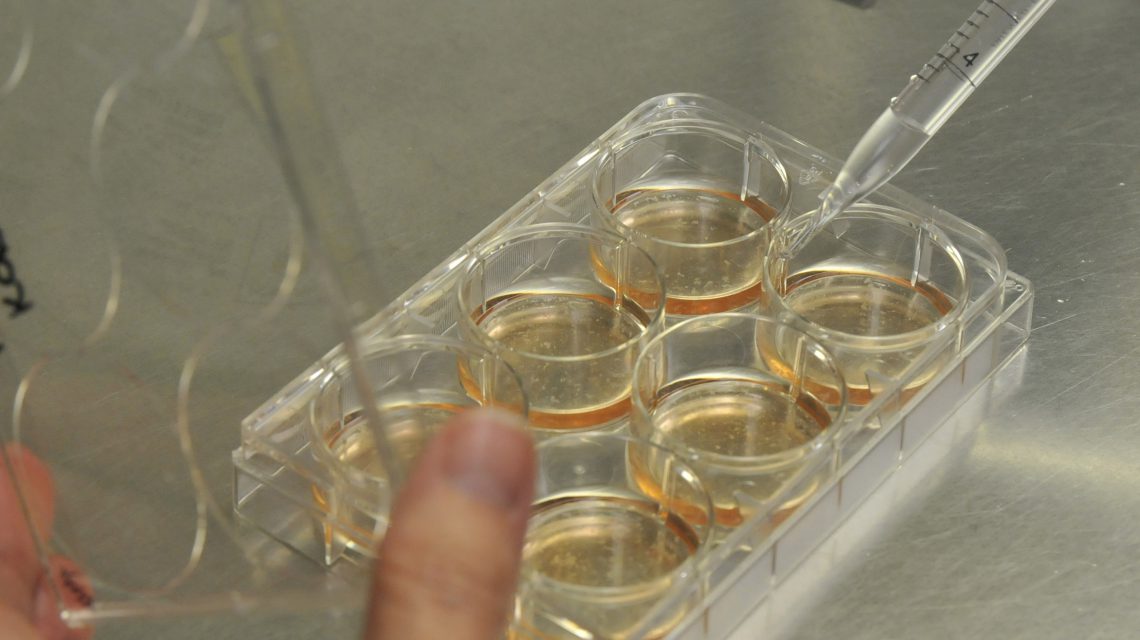
Consumers who eat fruits and vegetables that were grown in soils irrigated with treated wastewater are also consuming small quantities of an anti-epileptic drug, according to a new study by a team of researchers from the Hadassah Medical Center and The Hebrew University.
Because of a worldwide scarcity of fresh water for crop irrigation, there has been an increased use of reclaimed wastewater to grow crops, which has led to the discovery that pharmaceutical contamination can be a risky consequence. In this study—the first to directly address consumer exposure to such pharmaceutical contaminants–the Hadassah/Hebrew University multidisciplinary team found the drug, carbamazepine in the urine of healthy individuals.
“In a randomized controlled trial we have demonstrated that healthy individuals consuming reclaimed wastewater-irrigated produce excreted carbamazepine and its metabolites in their urine, while subjects consuming fresh water-irrigated produce excreted undetectable or significantly lower levels of carbamazepine,” explains Prof. Ora Paltiel, Director of the Braun School of Public Health and Community Medicine, who led the research.
The study, highlighted in the March 29th issue of Environmental Science and Technology, involved a cohort of 34 men and women, who were divided into two groups. The first group was given produce that was irrigated with reclaimed wastewater for the first week, and freshwater-irrigated vegetables for the following week. The second group consumed the produce in reverse order. The participants ate the produce as they would normally and drank bottled water throughout the study.
The researchers measured carbamazepine levels both in the fresh produce and in the participants’ urine. To begin with, the urinary levels of carbamazepine differed in their quantifiable concentration, with some participants having undetectable levels. Following seven days of consuming reclaimed water-irrigated produce, all members of the first group exhibited quantifiable levels of carbamazepine, while in the second group the distribution remained unchanged from baseline. Levels of carbamazepine excretion were markedly higher in the first group versus the second.
“Treated wastewater-irrigated produce exhibited substantially higher carbamazepine levels than fresh water-irrigated produce,” concluded Prof. Paltiel. She adds: “It is evident that those who consume produce grown in soil irrigated with treated wastewater increase their exposure to the drug. Although the levels detected were much lower than in patients who consume the drug, it is important to assess the exposure in commercially available produce.”
While the study does not delve into the potential risks of exposure to carbamazepine, the authors explain that their “proof of concept” study provides “real world data which could guide risk assessments and policy designed to ensure the safe use of wastewater for crop irrigation.”
